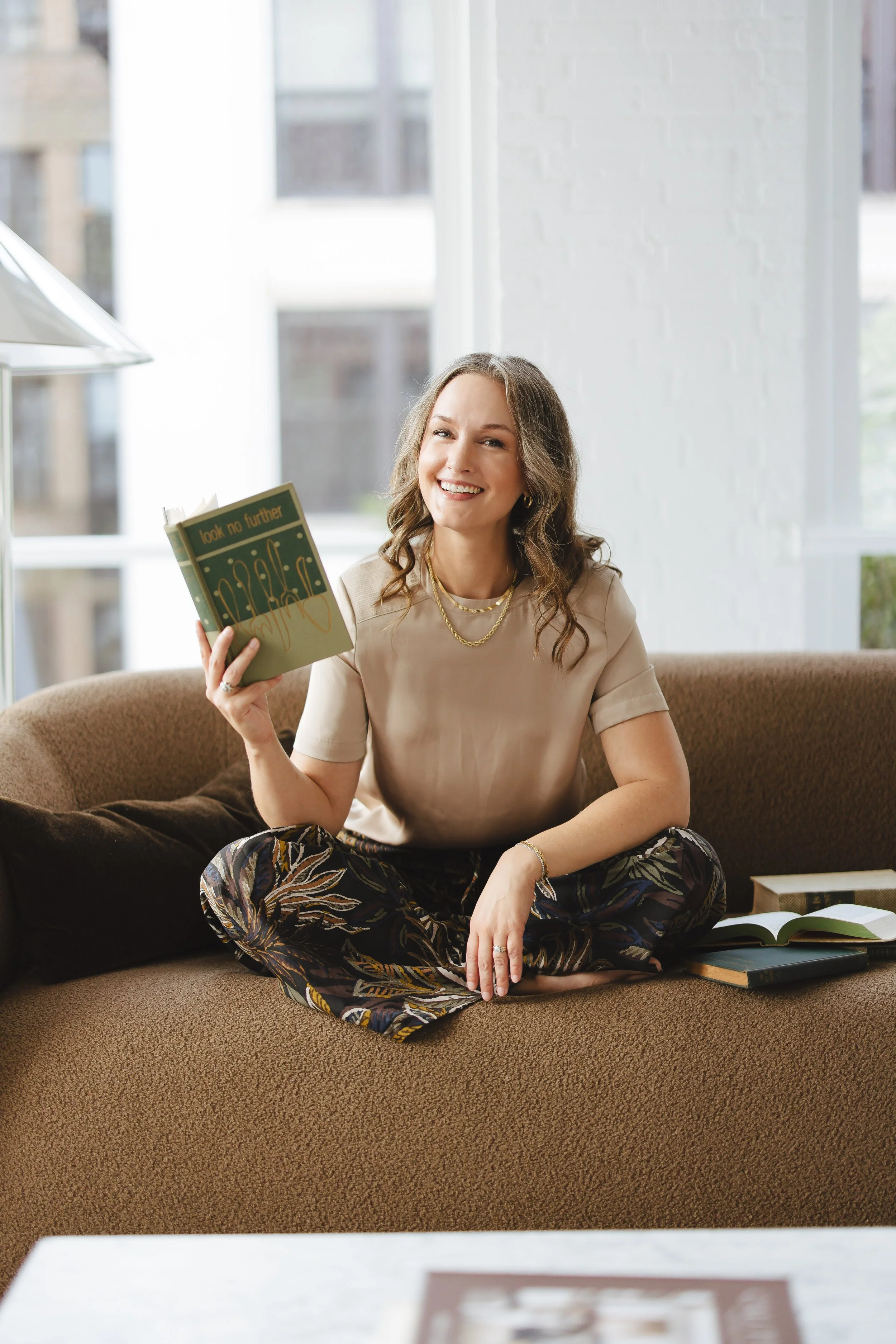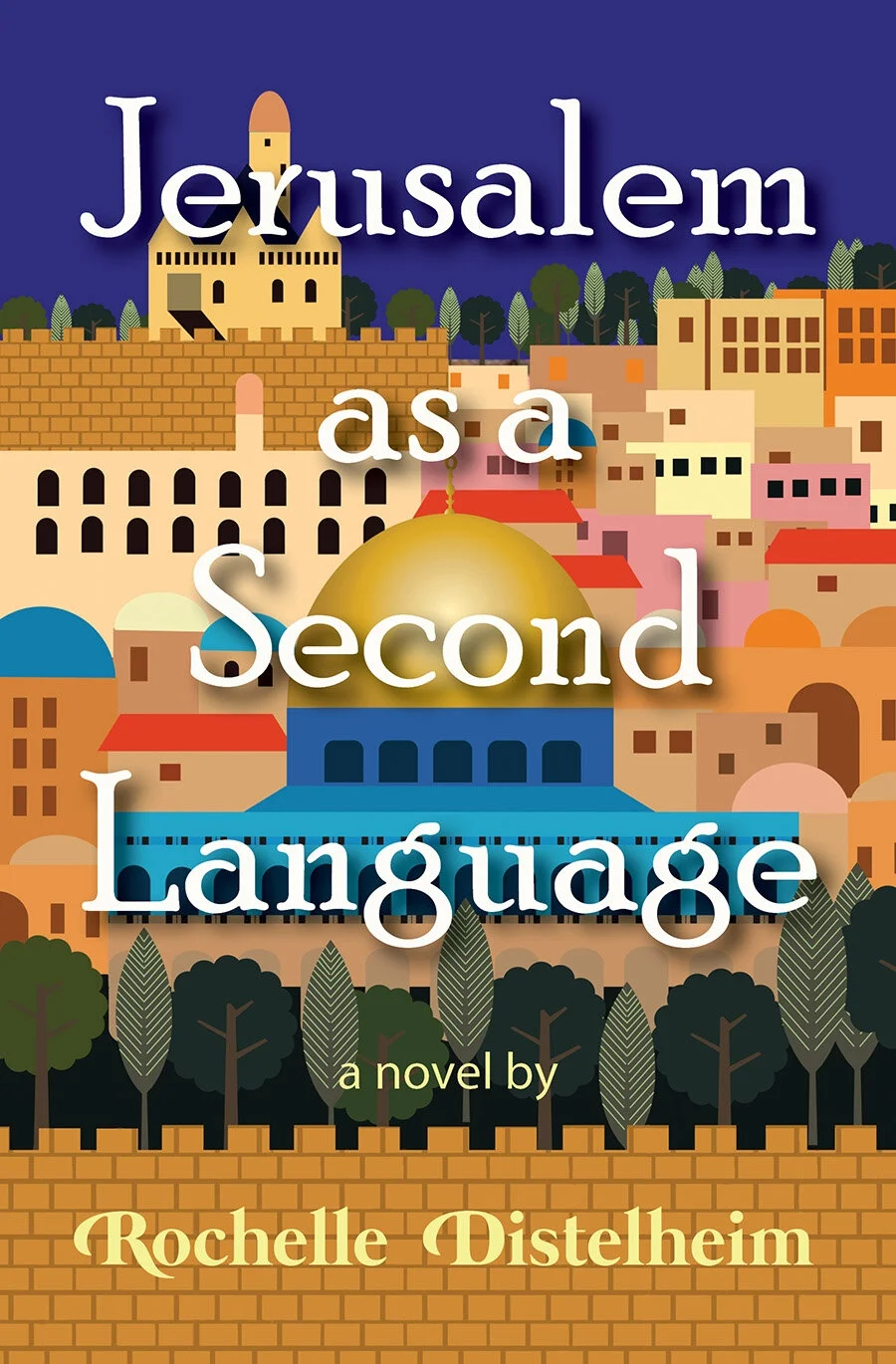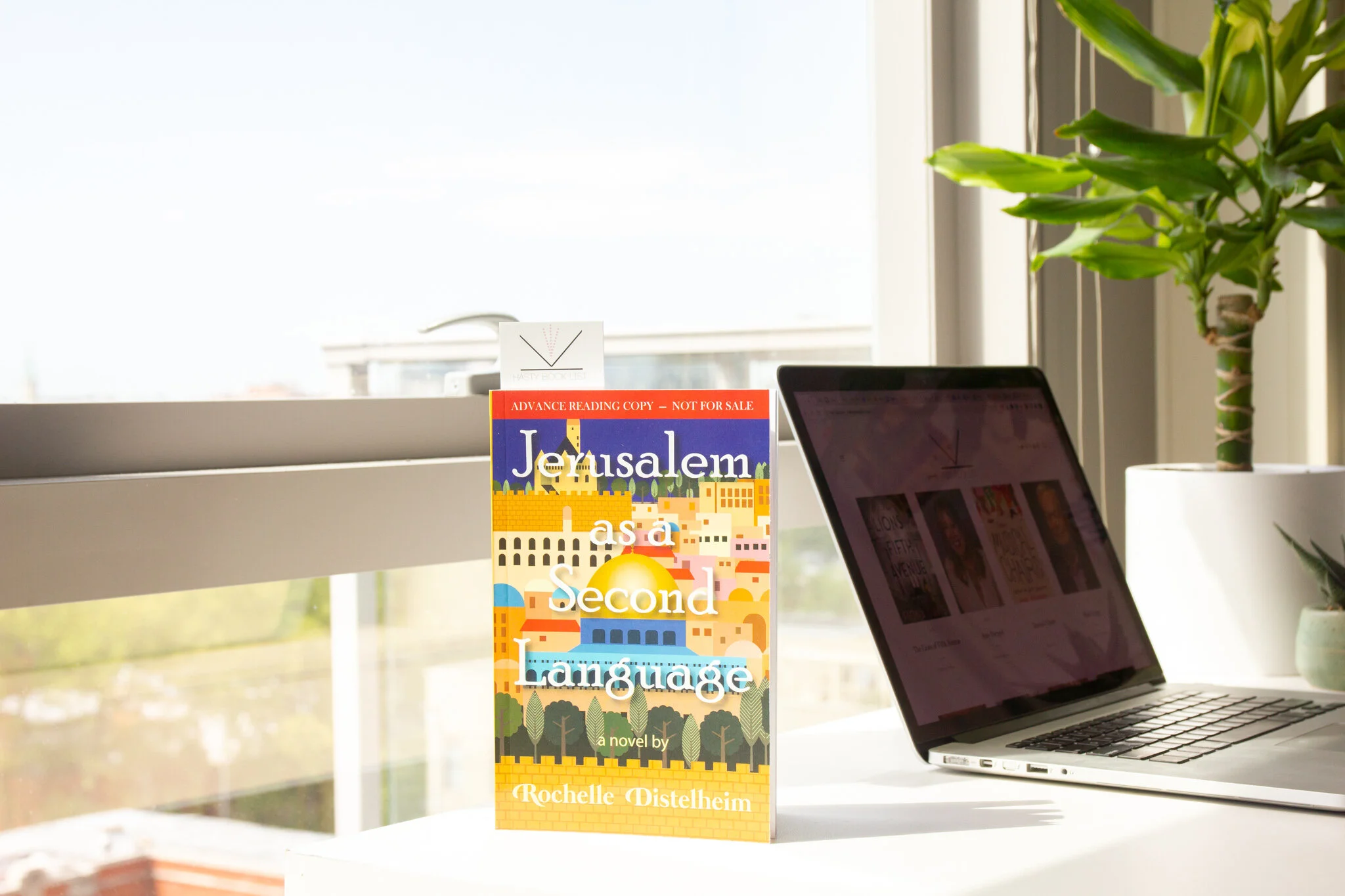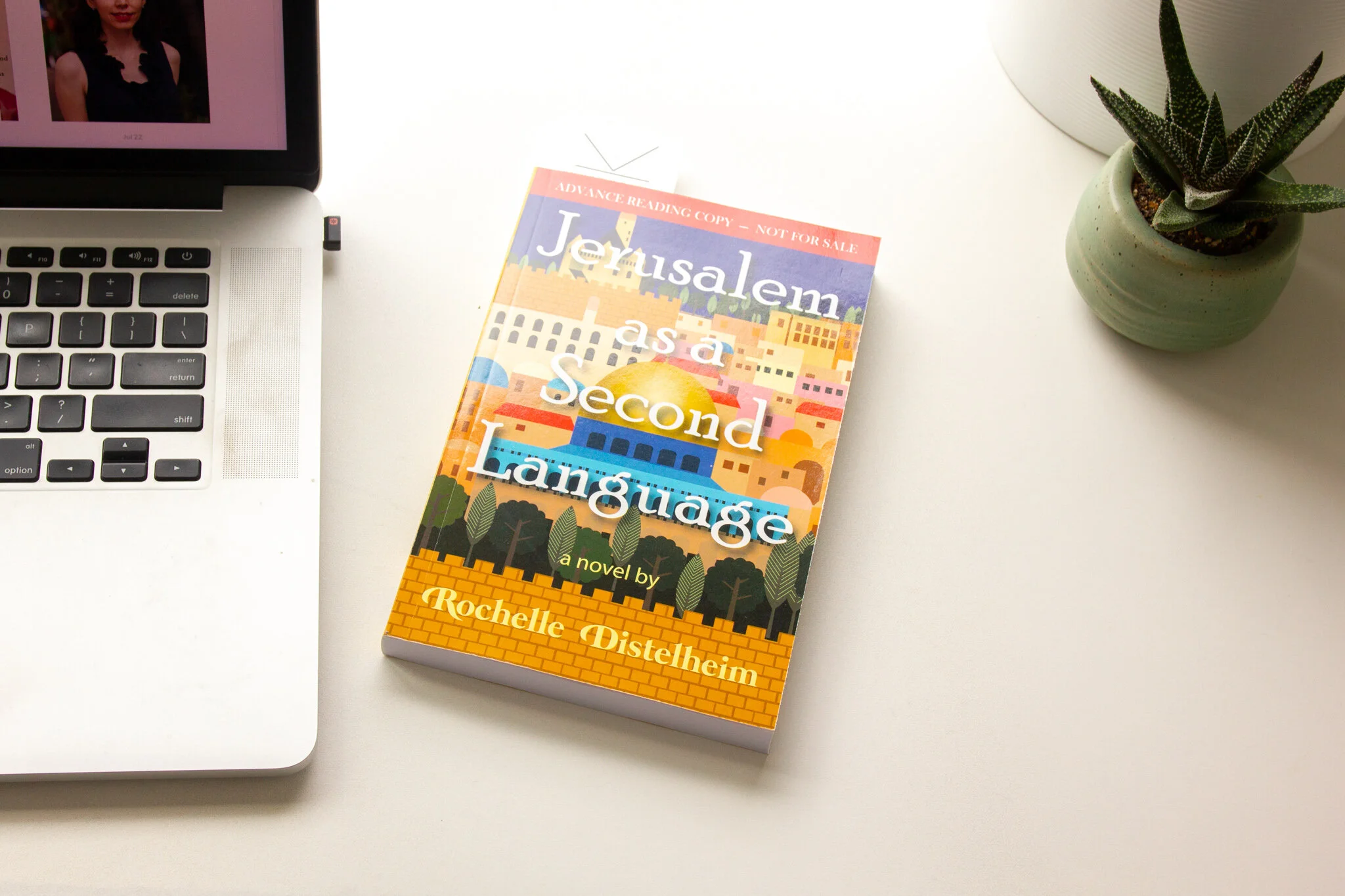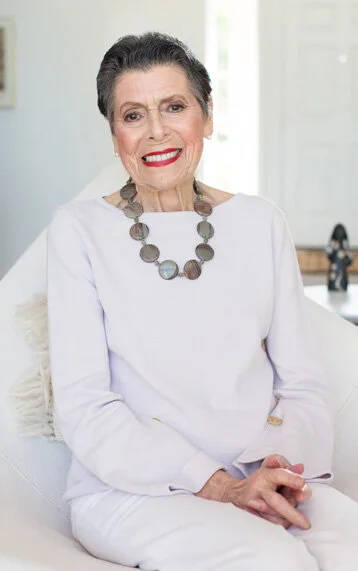Jerusalem As a Second Language
Book Feature - Jerusalem As a Second Language by Rochelle Distelheim
HBL Note: The subject line of the email introducing me to Jerusalem As a Second Language by Rochelle Distelheim read, “Chicago-based author in her 90s writes 2nd novel.” I call that Ashley click-bate. First, I love a local Chicago connection; Second, I love hearing old people tell stories. I couldn’t get enough of my grandparent’s stories when they were alive (and I am lucky enough to still get to hear my maternal grandmother’s stories!) So obviously I was quick to say yes for a feature. Scroll down to read all about this novel inspired by the author’s relationship to Judaism.
Book Feature - Jerusalem As a Second Language by Rochelle Distelheim
Book Feature - Jerusalem As a Second Language by Rochelle Distelheim
From the publisher:
It is 1998. The old Soviet Union is dead, and the new Russia is awash in corruption and despair. Manya and Yuri Zalinikov, secular Jews -- he, a gifted mathematician recently dismissed from the Academy; she, a talented concert pianist -- sell black market electronics in a market stall, until threatened with a gun by a mafioso in search of protection money. Yuri sinks into a Chekhovian melancholy, emerging to announce that he wants to "live as a Jew" in Israel. Manya and their daughter, Galina, are desolate, asking, "How does one do that, and why?"
And thus begins their odyssey -- part tragedy, part comedy, always surprising. Struggling against loneliness, language, and danger, in a place Manya calls "more cousin's club than country," Yuri finds a Talmudic teacher equally addicted to religion and luxury; Manya finds a job playing the piano at The White Nights supper club, owned by a wealthy, flamboyant Russian with a murky history, who offers lust disguised as love. Galina, enrolled at Hebrew University, finds dance clubs and pizza emporiums and a string of young men, one of whom Manya hopes will save her from the Israeli Army by marrying her.
Against a potpourri of marriage wigs, matchmaking television shows, disastrous investment schemes, and a suicide bombing, the Zalinikovs confront the thin line between religious faith and skepticism, as they try to answer: What does it mean to be fully human, what does it mean to be Jewish? And what role in all of this does the mazel gene play?
Book Feature - Jerusalem As a Second Language by Rochelle Distelheim
